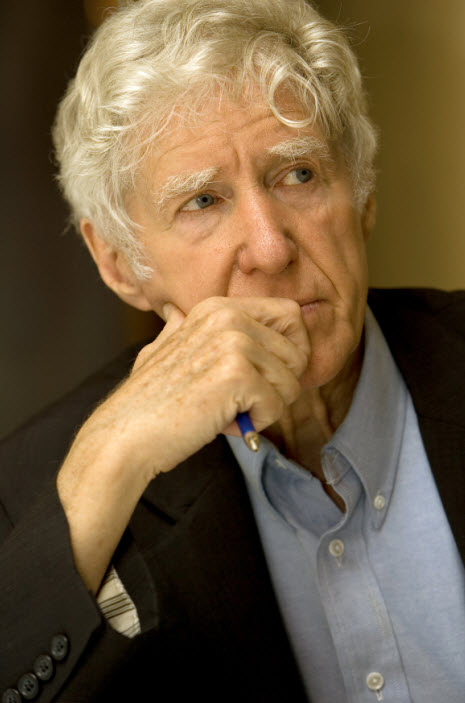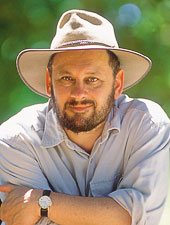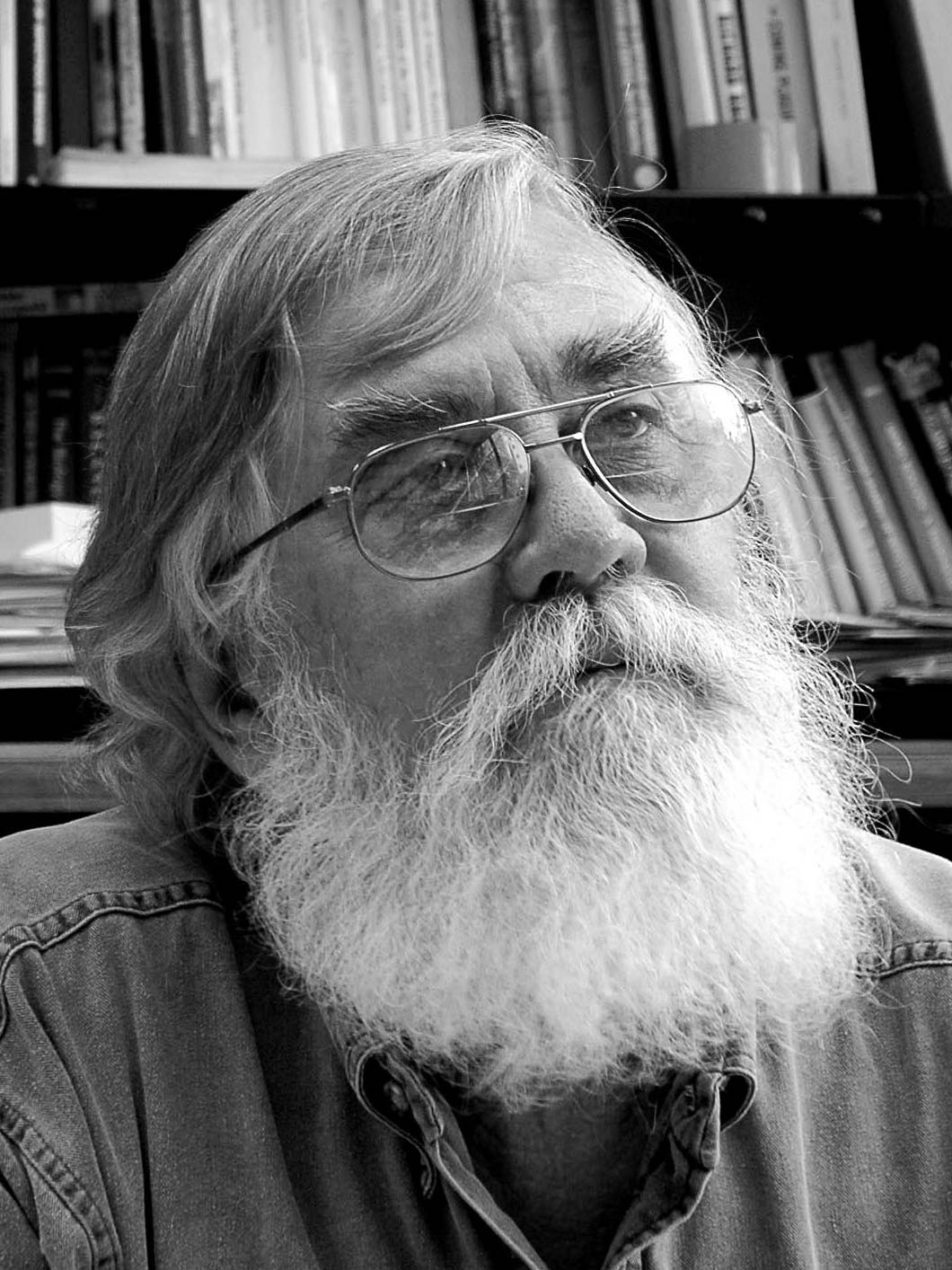|
|
|
Eric R. Pianka I have two grandchildren and I want them to inherit a stable Earth. But I fear for them. Humans have overpopulated the Earth and in the process have created an ideal nutritional substrate on which bacteria and viruses (microbes) will grow and prosper. We are behaving like bacteria growing on an agar plate, flourishing until natural limits are reached or until another microbe colonizes and takes over, using them as their resource. In addition to our extremely high population density, we are social and mobile, exactly the conditions that favor growth and spread of pathogenic (disease-causing) microbes. I believe it is only a matter of time until microbes once again assert control over our population, since we are unwilling to control it ourselves. This idea has been espoused by ecologists for at least four decades and is nothing new. People just don't want to hear it. Population crashes caused by disease have happened many times in the past. In the 1330s bubonic plague killed one third of the people in Europe's crowded cities. Smallpox and measles decimated Native Americans when Europeans transported them to the new world. HIV is a relatively new disease wreaking havoc in Africa and Asia. Another population crash is inevitable, but the next one will probably be world-wide. People think unrealistically because they have lost touch with the natural world. Many people today do not really know where and how our food is produced, and on what our life support systems are based. As we continue paving over natural habitats, many think that we can disrupt and despoil the environment indefinitely. We have already taken half of this planet's land surface. Per capita shares of all the things that really matter (air, food, soil, and water) are continuously falling. Our economic system is based on the principle of a chain letter: growth, growth, and more growth. Such runaway growth only expands a bubble that cannot be sustained in a finite world. We are running out of virtually everything from oil, food and land to clean air and water (see also sewage). Some politicians, economists, and corporations want us to believe that technology will come to our rescue. But we have a false sense of security if we think that science can respond quickly enough to minimize threats from emerging diseases. Microbes have such short lifecycles that they can evolve exceedingly fast, much faster than we can respond to them. Many bacteria have evolved resistance to most antibiotics, and viruses are resistant to just about anything. Defense always lags behind offense. So far, modern humans have just been lucky. A reactive approach to problems isn't enough, we also need to be proactive and anticipate problems before they become too severe to keep them from getting out of control. Many people believe that Earth and all its resources exist solely for human benefit and consumption, this is anthropocentrism. We should allow the millions of other denizens of this Earth some space to live -- they evolved here just as we did and have a right to this planet, too. I do not bear any ill will toward people. However, I am convinced that the world, including all humanity, WOULD clearly be much better off without so many of us. Simply stopping the destruction of rainforests would help mediate some current planetary ills, including the release of previously unknown pathogens. The ancient Chinese curse "may you live in interesting times" comes to mind -- we are living in one of the most interesting times humans have ever experienced. For example, consider the manifold effects of global warming. We need to make a transition to a sustainable world. If we don't, nature is going to do it for us in ways of her own choosing. By definition, these ways will not be ours and they won't be much fun. Think about that. If you don't believe me, read The Age of Consequences, Lester Brown's "Outgrowing the Earth," Richard Heinberg's "The Party's Over," Tim Flannery's " The Future Eaters," Sean Nee's one page commentary "The Great Chain of Being" in Nature (2005, vol. 435:page 429), and/or Jared Diamond's "Guns, Germs, and Steel." 
Excerpt from William R. Catton's " Overshoot" For a longer excerpt, see the Brain Food website 
Lester Brown's Outgrowing the Earth 
Tim Flannery's The Future Eaters 
Verlyn Klinkenborg's Depth of Time Nadeau's The Economist Has No Clothes Nadeau: Brother, Can You Spare Me a Planet? 
Sean Nee's The Great Chain of Being Sean Nee's More than meets the eye  Reg Morrison's Essays
Reg Morrison's Essays
See especially Evolution's Problem Gamblers See also The Great Climate Debate See also The Population Debate  Eric Pianka on Human
Instincts
Eric Pianka on Human
Instincts
Eric Pianka (1974) Man and Environment Eric Pianka's views on Space Travel ERP: Watch Domino Effects Vanishing Book Speech Controversy 

Homer Smith and Earl of Balfour's "A Cosmic Perspective" 
David Delaney's Website 
Suzy McHale's Website on Overpopulation See Also: Domino Effects Spaceship Earth Can Humans Share Spaceship Earth? Why Can't We Humans Share Spaceship Earth? On Human Nature Evolution of Uncaring Humanoids Intelligent Design? Read "The Vanishing Book of Life", the now infamous speech I have given many times. Download 10.6 meg pdf file. (Text only -- 284K). |